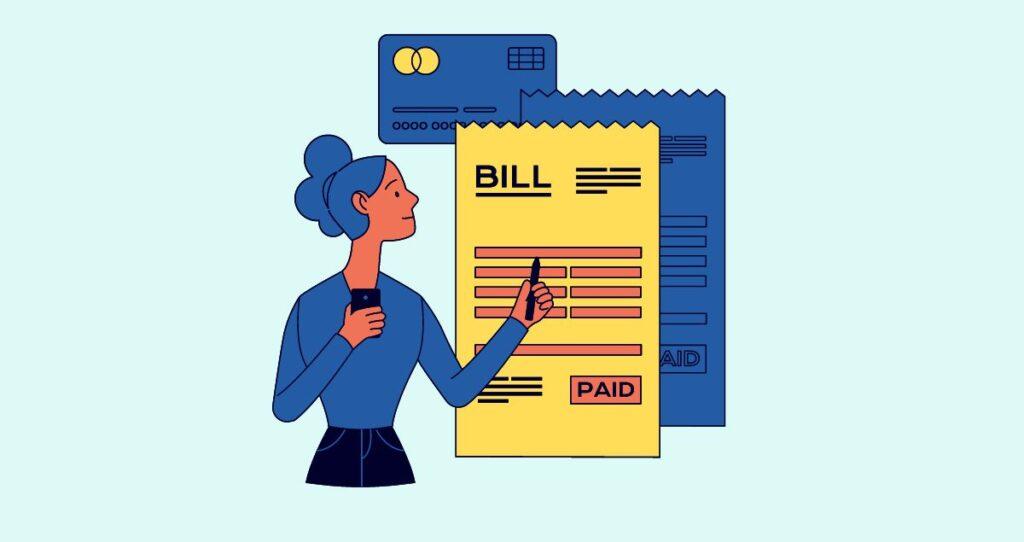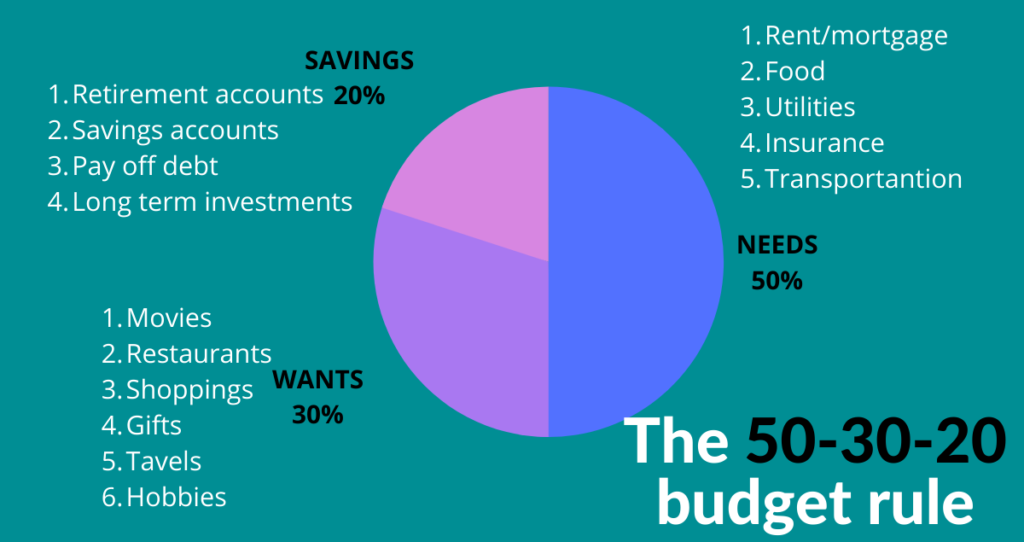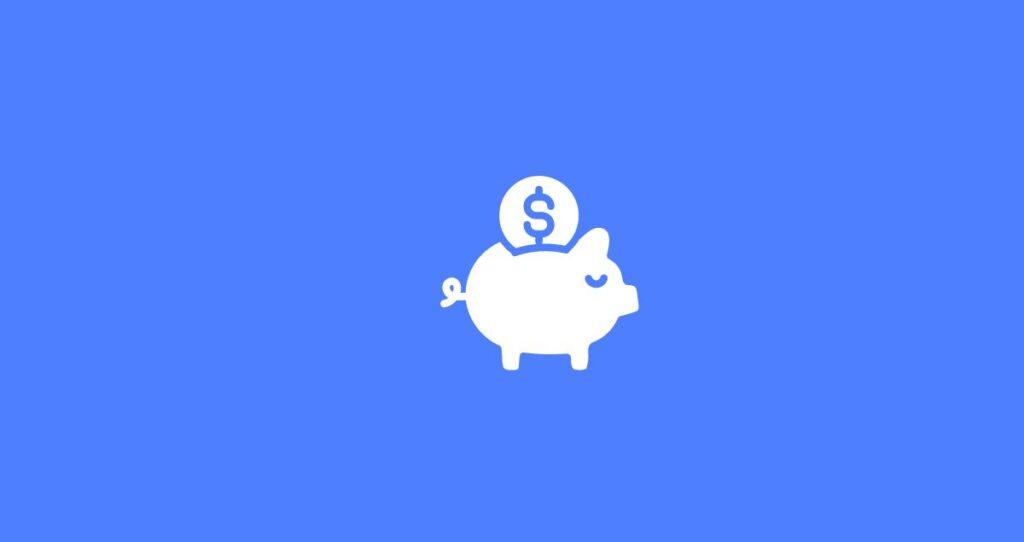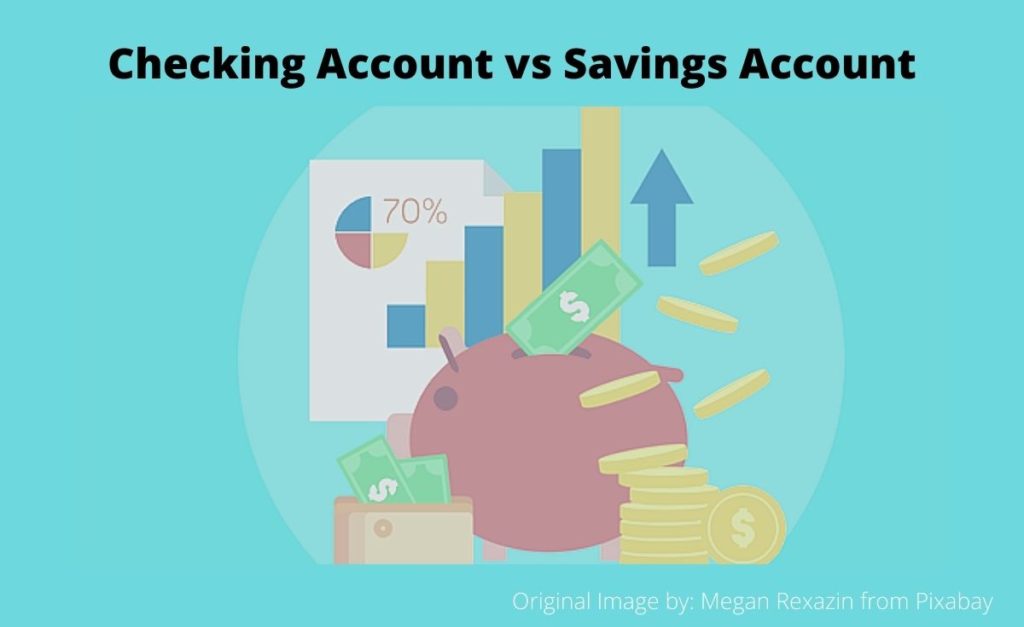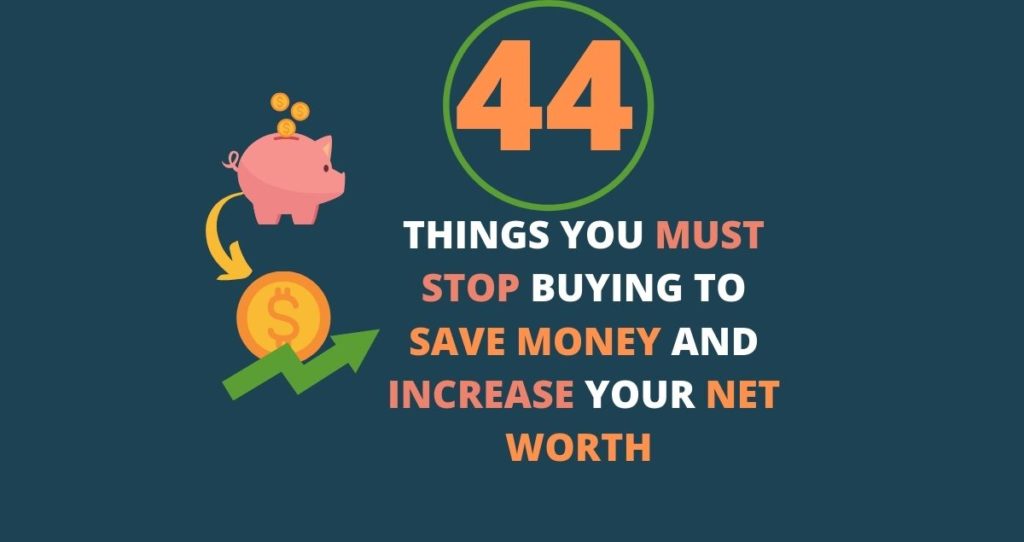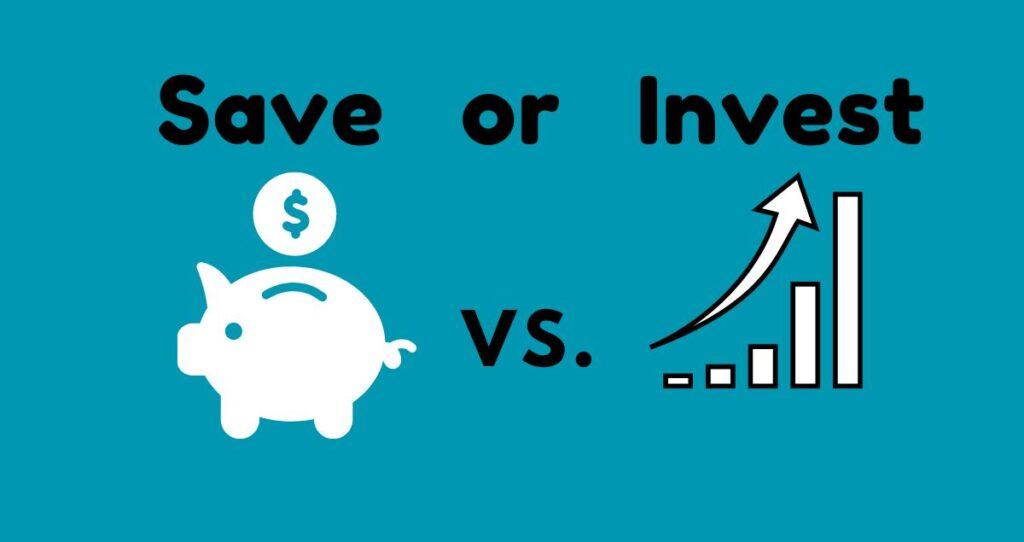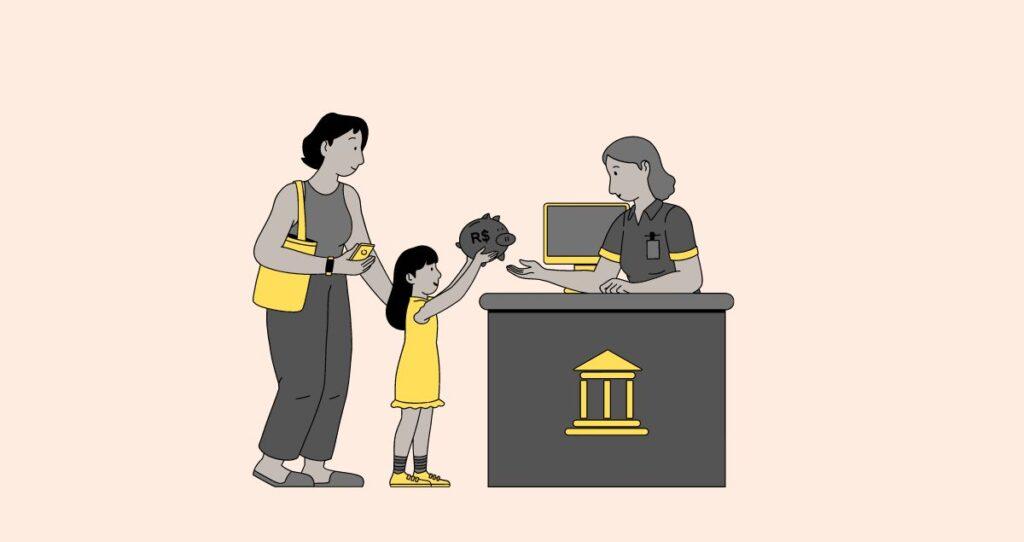Money troubles can feel like a heavy weight pressing down on you, causing you stress and anxiety. But, It’s important to remember that financial hardship is a common experience, and there are practical steps you can take to manage it and alleviate some of the stress. In this article, we’ll share eight important things to do when you are running out of money to help you navigate financial hardship without losing your mind.
If you are running out of money, it is critical to take action very fast. Start by evaluating your current financial situation and putting an end to your spending habits. Next, create a budget, cut back on your expenses to preserve your money, and increase your savings.
Depending on your unique financial situation, you might need to apply for financial assistance with your local state, and federal government or through other programs that offer assistance. For example, if you just lost your job and have no paycheck coming in, apply for financial assistance as soon as you can. You might also need to look for ways to increase your income such as picking up a side hustle or a part-time job to help you get by.
To avoid financial stress and keep the health of your finances intact, here are 8 important things you must do right away when you are running out of money.
1. Stop the financial hardship cycle
One of the most difficult things about financial hardship is getting trapped in a cycle of debt, stress, and mismanagement of your money. It can feel impossible to climb out of a hole when you’re constantly struggling to make ends meet.
This is why the most important thing to do when you are running out of money is to break the cycle. If you cannot put an end to your bad money habits, it will be hard for you to establish a plan when you are running out of money.
- Why are you having trouble with your finances in the first place? Why can’t you save money like everyone else? Are you spending like there is no tomorrow? If so, put measures in place to prevent yourself from excessive spending.
- Are you struggling with money because of too much debt? If so, stop borrowing and take care of debts you have already.
- Are you running low on money because you are lazy and don’t want to work? If this is the case, go get a job and boost your income. You cannot make more money if you are sitting at home all day playing video games, watching movies, or partying.
No matter the reason you are running low on cash, you must stop bad financial habits if you dare to turn your financial situation around. There is always a price to pay for everything in life. The question is, “Do you want to pay the price”?
How to break bad money habits?
Breaking bad money habits can be a big challenge especially when you are struggling financially already. Usually, bad money habits get worse when people are running out of money.
For example, some people turn to alcohol, smoking, drugs, drinking, gambling, etc as a way to forget their current situations or try to make quick cash. I hate to tell you this but, quick money does not exist and gambling or engaging in these habits make your finances and health much worse.
So, if you are struggling with bad money habits that are making it harder to save money, how can you stop them and turn your finances around? The following are tips to break bad money habits and improve your finances.
- Shop with a list
- Avoid excessive spending
- Buy only what you need
- Don’t buy expensive stuff to impress people
- Use the envelope system(cash stuffing)
- Avoid impulse shopping
- Read about personal finance and books about money and personal development
- Improve your financial knowledge
- Establish financial goals
- Boost your retirement savings to avoid taking too much money at home
- Automate your savings
- Work with a financial advisor/planner to make sure that you stay on track
- Avoid losers and bad people. Bad people are the ones who tell you that you only live once(YOLO), those who don’t motivate you to succeed, those who turn you down, or those who encourage you to spend your money and get engaged in bad habits.
- Track your progress
- Establish an emergency fund to prepare for uncertainties such as a loss of a job, a costly medical bill, etc.
- Never borrow unless you are investing or it is the last option
- Learn how to live on less
- Appreciate what you have
- Use what you have
- Save first and spend later
- Reduce your electric bill
- Plan your meals
- Take care of your health to improve your decision-making and emotional control
- Always believe in your ability to do better because you have to power to turn your financial world around without relying on others.
You might also like: 10 effective ways to manage financial stress
2. Evaluate your current financial situation
Before you establish a plan of what to do when you’re running low on money, it is essential to know your current financial situation. This is not the same as knowing that you need $200 to take care of an expense.
Understanding your current financial situation means that you understand your income, expenses, debts, and much more. You need to have a general picture of where you stand financially.
If you have debts and loans, which ones are they, and how much each debt/loan is? What are your monthly payments? If you have multiple income streams, which ones are they, and how much each one is bringing in?
What are your financial goals, how far are you from achieving them, and how are you planning to achieve them? Answering these questions is essential when you are running out of money as the answers help you establish a plan that works in the best of your interest.
Start by collecting all of your financial documents and creating a budget. This will give you a clear picture of your income, expenses, and debt. Take some time to review each item and decide what’s necessary and what’s not. From there, you can identify areas where you can cut back and start to prioritize your spending.
You might also like: How to secure your financial future after landing a job?
3. Create a budget that allows you to save money and stick to it
When you are running out of cash, you should turn to a budget if you don’t have it already. Creating a budget can be an excellent way to help you survive financial hardship. It allows you to set goals and track expenses, giving you a clear picture of your financial situation.
When creating a budget, it’s essential to be realistic and honest with yourself about your income and expenses. You can use financial planning apps or spreadsheets to track your expenses and income.
Your budget should include all of your monthly bills, such as rent or mortgage payments, utilities, and food expenses. You should also budget for unexpected expenses like medical bills or car repairs.
Related: What is budgeting and how does it really work?
4. Reduce your expenses as much as you can even if it requires you to move in with someone
If you are running out of money, you are not in a place of spending too much. Matter of fact, you should be looking for ways to avoid most of your expenses to preserve capital.
With a budget in place, it’s time to take a closer look at your expenses and find ways to reduce them. This can seem overwhelming at first, but it’s important to remember that every little bit helps.
Here are some practical tips for cutting back without sacrificing your quality of life when you are running low on cash.
- Cut unnecessary expenses. Review your monthly bills and subscriptions and cancel any that you don’t need or use regularly.
- Shop smart. Take advantage of sales and discounts and consider buying generic or store-brand products.
- Cook at home. Eating out regularly can be expensive, so try cooking more meals at home. Look for recipes that use affordable ingredients and bulk cooking to save time.
- Lower your utility bills. Try cutting back on electricity, water, and gas usage by turning off lights and appliances when not in use and taking shorter showers. Use to following tips to save money on utility bills.
5. Find a way to increase your income
One important step towards overcoming financial hardship is to increase your income. When you are running out of money, it is essential to leverage your options and the recourses you have. While cutting back on expenses is important, it can only take you so far. Increasing your income can give you some breathing room and help you get to a place of financial stability.
There are countless ways to increase your income. The following are tips to increase your income fast when you are running low on cash. You can also use this complete guide to increase your income.
- Ask for a raise at work. If you have been putting in the effort and producing quality work, it may be time to sit down with your boss and discuss a salary increase.
- Start a side hustle or freelance work. With online business on the rise, there are many opportunities to make some extra money outside of your 9-5 job. Are you interested in anything besides your main job? Do you have skills that can be monetized such as crafting, painting, tutoring, business, programming, writing, proofreading, public speaking, financial education, etc? The list goes on. The truth is that anything you know can be monetized. You just need to know how. If you are looking for side hustles that make money and freelance work, start from websites like freelancer.com, Fiverr, Upwork, etc. Are you interested in freelance proofreading jobs? Check out the following websites for proofreading and reading jobs.
- Sell items you no longer need or use. Declutter your home and sell items on platforms like Craigslist, eBay, or Facebook Marketplace. You may be surprised at how much money you can make by simply getting rid of stuff you no longer need. Start by selling your clothes online for cash or sell unused gift cards online. The following are websites you can use to sell other stuff online. You can also monetize your hobby, craft, etc. Learn how to turn your side hustle into a profitable business when you are running out of money.
- Monetize your social media accounts. When you are running out of money, it is essential to think outside the box. Anything that can be monetized, start earning cash from it. If you have social media accounts such as Instagram, Youtube, your own blog, Pinterest, etc, start monetizing them. The money you make from these accounts might not be a lot, but, it will set the foundation to turn your life around.
You might also like: 20 easy ways to make money from home in 2023
6. Tap into community resources for an extra financial support
In addition to reducing expenses and increasing your income, it’s important to tap into community resources when facing financial hardship. Many communities offer support programs, such as food banks and financial assistance that can help you stay afloat when you are running out of money.
Local non-profit organizations and churches often provide support for those in need. They may offer assistance with utility bills, rent, or even job search resources. It can be helpful to research what programs are available in your area and reach out for help if needed.
Community centers may also offer free or low-cost classes and workshops on budgeting, job skills, and personal finance. These resources can be incredibly valuable in learning how to manage finances and make the most of your limited resources.
Again, if you are running out of money, don’t just sit down and wait for the miracle. You need to create these miracles. No one will come to save you. Only you can save yourself.
7. Find emotional support
Finding emotional support during tough financial times can make a difference in maintaining your mental health and well-being. As you are getting low on cash, your mental health also starts to deteriorate due to financial worries. No one should feel alone when dealing with financial anxiety.
To find emotional support when you are running out of money, start by talking to a family member, or a trusted friend, or joining a support group.
Community organizations and religious groups can also offer support and assistance. Many churches, synagogues, and mosques have outreach programs that provide financial and emotional aid during times of hardship. Also, non-profits like United Way or Red Cross have resources for those who need a little extra help.
By leaning on others and finding emotional support, you can alleviate some of the stress brought on by financial problems and gain a sense of community. Feeling understood and supported can also help you feel more motivated and optimistic about your situation.
8. Focus on your future and stay positive about it
While financial hardship can feel overwhelming, it’s important to stay focused on the future. By taking small steps towards self-improvement, you can work towards reaching your financial goals. Setting achievable goals, sticking to your budget, and avoiding excessive borrowing can help you make meaningful improvements in your finances and stay motivated. Even if your progress might be slow, every step counts.
Keeping your thoughts on your future goals helps you focus on finding solutions and devising a plan to achieve those goals. This in turn prevents you from dwelling on negativity which is essential in building resilience.
You might also like: 6 ways to stay positive when facing challenges
Why am I always short on money?
Understanding why you are constantly short on money can be helpful in avoiding future financial hardship. Sometimes it’s a matter of not earning enough, overspending, or even a lack of financial education. For example, if you have two car loans, a mortgage, and credit card debts, I can guarantee you that no matter how much you make, it will be difficult to achieve financial stability.
That was just one simple example. There are other reasons you are always short on money. For example, if you don’t earn enough, you might find it difficult to cover your expenses and other financial obligations.
Looking at your financial situation objectively and identifying areas where you can improve can be a good first step. Are you living beyond your means? Are there expenses you can cut back on? These are some of the questions you need to make when you are running out of money or are constantly short on cash.
How to live off one paycheck a month?
Saving money and investing your savings is one of the best ways to take control of your finances. To save enough money, however, might require that you live on one paycheck and allocate the remaining funds toward other financial goals. Maybe you want to pay off debt, invest most of your income, pay off a medical bill, boost your emergency fund, or pay for your kids’ college, etc.
Whatever your financial situation, living on one paycheck can be beneficial in the long term.
Here are a few tips to live off one paycheck.
- Open a savings account and set up automatic transfers.
- Establish an emergency fund. This will help you take care of unexpected expenses or emergencies.
- Be mindful of your spending habits. Avoid impulse purchases and unnecessary expenses.
- Take advantage of free resources, such as public libraries or community events, instead of spending money on entertainment.
- Consider meal planning and cooking at home instead of eating out. This will help you enjoy healthy food while keeping most of your funds in your pocket.
- Establish a savings challenge. Decide how much you want to save each month and try to beat that target.
- Track all your expenses with a budget. A budget is always your friend when you want to save money or live on one paycheck.
- Adopt frugal living habits. Frugal living is probably one of the best ways to save money and start building wealth. Keep in mind that living frugally does not mean starving yourself to save $5. Instead, frugal living means that you understand your current financial situation and make calculated purchases. That is you save on what you need and minimize your wants.
You might also like: 20 clever ways to reduce expenses
What to do when you need money immediately?
When an unexpected expense arises, it can be overwhelming to think about how to come up with the money quickly. However, there are a few things you can do to help alleviate the situation.
Here are a few tips to get your hands on cash fast.
- Sell items you no longer need or want. Websites like eBay and Craigslist are great for selling items quickly. Do you want a complete list of websites where you can sell stuff online? Check out the following few guides.
- Pick up odd jobs or side hustles, such as dog walking or freelance work. Again, if you need money fast, the quickest way to get it is to work for someone and get paid. Pick a job where you get paid per day or earn tips such as working in restaurants, etc.
- Ask for help from friends or family members, although it’s important to approach the conversation with humility and a plan for repayment.
- Turn to your savings account. If you have a savings account, tapping into those savings could be the fastest way to get money.
- Liquidate your investments. Do you own stocks, certificates of deposit(CD), etc? Selling these investments might be the fastest way to find money. Keep in mind that you might need to pay an early CD withdrawal penalty by taking money out of your CD account before it matures. Liquidating other investments could also mean taking a loss that could have been avoided if you did not touch your investments.
- Take out a short-term loan. Another option to get money fast is to take out a short-term loan. For example, you can apply for a credit card or get a personal loan. You can also take out a loan against your 401(k) plan.
You might also like: 49 easy ways to make money fast: A Complete Guide
What to do when you need money but can’t get a loan?
When unexpected expenses come up, it can be difficult to know where to turn for help. While loans may seem like a viable solution, they aren’t always an option for everyone. If you’re in a situation where you need money but can’t get a loan, don’t panic. There are still a few things you can do.
The following are a few options to get cash when a loan is not an option.
- Look for local assistance programs. Many communities offer programs that can help with things like utility bills, food assistance, and even emergency rent. These programs vary by location, so do some research to see what’s available in your area.
- Explore crowdfunding. Websites like GoFundMe, Kickstarter, Patreon, SeedInvest, and Indiegogo allow you to create a fundraising page and share it with friends and family. While this option isn’t guaranteed to work, it can be a helpful tool in times of financial need.
- Reach out to charitable organizations. Many non-profits offer financial assistance to those in need. While you may need to meet certain qualifications or provide proof of income, these organizations can be a lifesaver when you need help the most.
- Borrow money from friends and family members. Turning to your friends might be the fastest way to get money during emergencies.
- Check out payday loans. While these loans come with the highest interest rates in the lending industry, you might need to turn to them when you have exhausted all other options.
- Postpone the purchase. If you are not getting a loan, it is possible that you are not in a position to borrow money in the first place. Usually, lenders evaluate your creditworthiness as part of your application process. So, if your loan application has been denied, it might be an indication your current financial situation does not qualify you to borrow money. In this case, postponing the purchase might be the best course of action.
Final words
If you’re running out of money, it is critical to take action fast. Start by stopping your spending habits, creating a budget, and lowering your expenses. This will allow you to preserve more cash. Then, find ways to increase your income and apply for an assistant program when necessary before it is too late. By exploring these options and reaching out for help, you can find the immediate cash assistance you need to get through tough financial times.
